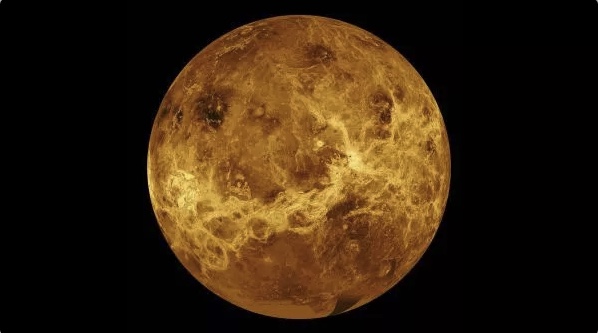
The amount of water in the atmosphere of Venus is so low that even the most drought-tolerant of Earth’s microbes wouldn’t be able to survive there, a new study has found. The findings seem to wipe out the hope stirred by last year’s discovery of molecules potentially created by living organisms in the scorched planet’s atmosphere that were seen as an indication of the possible presence of life.
The new study looked at measurements from probes that flew through the atmosphere of Venus and acquired data about temperature, humidity and pressure in the thick sulfuric acid clouds surrounding the planet. From these values, the scientists were able to calculate the so-called water activity, the water vapor pressure inside the individual molecules in the clouds, which is one of the limiting factors for the existence of life on Earth.
“When we looked at the effective concentration of water molecules in those clouds, we found that it was a hundred times too low for even the most resilient Earth organisms to survive.” John Hallsworth, a microbiologist at Queen’s University in Belfast, U.K., and lead author of the paper, said in a news conference on Thursday (June 24). “That’s an unbridgeable distance.”


